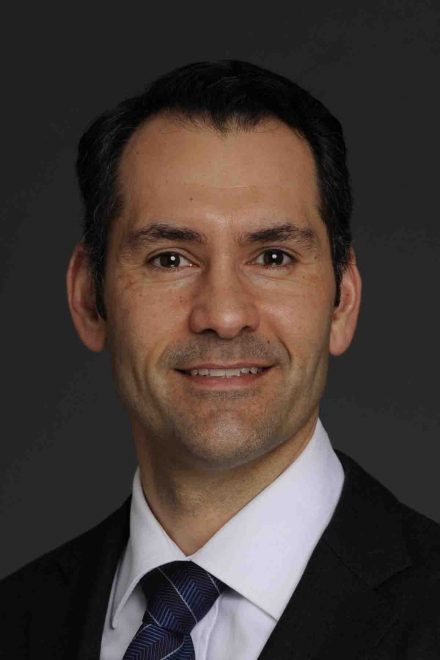About
Transgender and gender diverse (TGD) people face systemic discrimination that increases their risk of mental illness and psychiatric hospitalization. Our previous research using Ontario health administrative data (at ICES) found that TGD patients were less likely to follow up with a physician for mental health care after discharge from psychiatric hospitalization, compared to the general population. In qualitative interviews, TGD patients described hospitalization as re-traumatizing, transphobic, and disempowering; leading many to avoid the healthcare system after discharge. No study has yet examined whether involuntary hospitalization, where patients are kept in hospital against their will, disproportionately impacts TGD patients’ engagement with care after discharge.
Proposed Project
This mixed methods study will compare experiences of voluntary and involuntary psychiatric hospitalization for TGD and general population patients, and examine how hospitalization type influences engagement with outpatient care after discharge.
By integrating population-level data and lived experience, this study will generate actionable evidence to improve inpatient mental health care and reduce healthcare inequities.
Accepting Students
A Master’s student will contribute to the mixed methods or only the qualitative component of the project. Responsibilities will include:
- Preparing the REB submission and qualitative interview guide.
- Conducting interviews with TGD participants.
- Performing qualitative data analysis.
- Integrating the quantitative and qualitative findings.
- Supporting knowledge translation activities including presentations and manuscript preparation.
Lead Faculty


